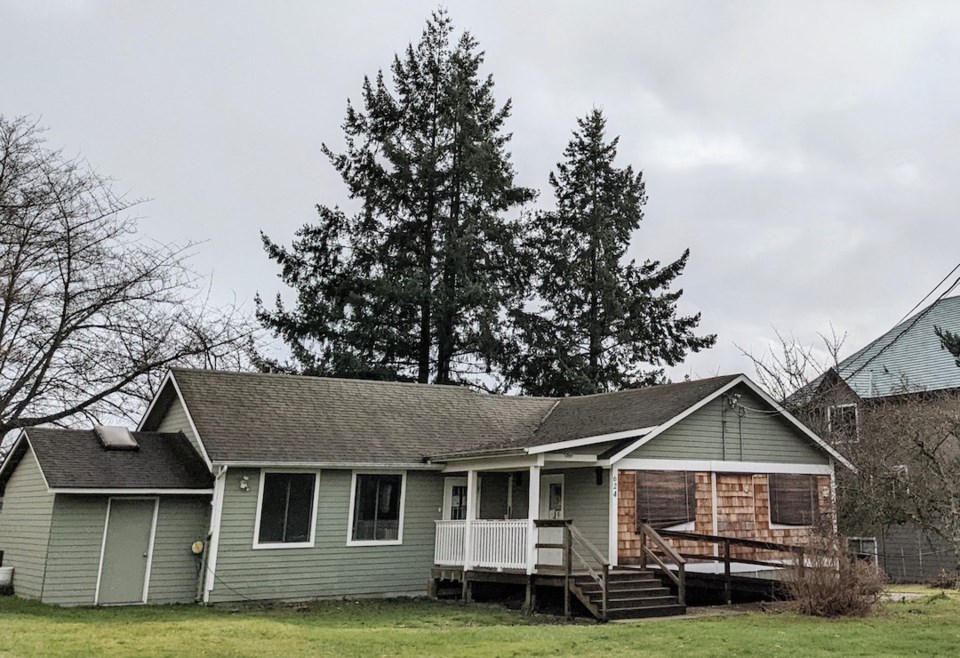The only local residential addictions treatment facility is at risk of closing by June. Co-founder of the Coastal Recovery Community (CRC), TJ Sheehan, said he may be forced to move operations off-Coast, unless he can renew the lease at 624 Farnham Road or secure a new location.
In a Coast Reporter interview with members of the CRC board on Feb. 7, Sheehan noted that since operations began at this current site in the spring of 2022, things were going “fantastic," with more than 20 clients completing treatment programs. He stated that last November the Town of Gibsons wrote to his landlords, advising them that they could be fined as CRC is operating on their property without a business licence and in violation of the zoning bylaw. He also said a bylaw officer visited the facility that month to investigate a complaint that resulted in no further enforcement action. (As bylaw enforcement activity details are confidential, Town staff would not confirm or comment on the details Sheehan provided)
CRC has since been informed that rental costs on the Farnham property will be going up by $1,000 per month to renew its lease. While Sheehan credits the current landlords with “being incredibly supportive,” he said CRC would struggle to afford the increase. One reason for that is that it does not have a licence to accept government-funded clients. Its application to the province to become a registered facility has been reviewed and according to Sheehan is basically approved but cannot be issued until it has all required licensing and permissions from the town. He said that has resulted in “having to turn down quite a few applications from locals looking for government-funded recovery options, and that is the hardest part."
CRC's provincial registry application could be transferred to a new location, should it be able to find one. While he understands how tight the current residential rental market is, Sheehan is putting out feelers for a property that would have at least four or five bedrooms, close to shopping and recreation services. CRC currently only offers services for men but would like to expand those to offer programs for women, so a duplex or multiple residential units would be an ideal situation. Landlords interested in discussing rental options are asked to reach out to CRC at [email protected] or 604-865-0669.
Challenges on two levels
But finding affordable rentals aren’t the only obstacle to continued operations. Sheehan said he believes it would be an uphill battle for CRC to get approval to operate in a residential property due to negative views held towards having recovery houses in neighbourhoods. Reflecting back on the 2009 public process around the “Vision Quest” proposal he noted community “resistance and almost anger about them."
The CRC board views the lack of specific zoning for recovery houses in town bylaws as the main stumbling block to finding and keeping a location for its operation. This is something the group has been asking for since before it opened the Farnham facility. While CRC could be allowed to operate at that current commercially zoned location with a temporary use permit, that would require a decision by council, would cost about $6,000 and would only provide for operations for two years, with an option to renew at an additional cost.
“If we are going to have to continue to battle the town, we might have to leave the Coast…we have a lot of community support, the support we don’t have seems to be from the people who can make the decisions on the changes we need,” said Sheehan.
They pointed out that Gibsons modified its zoning bylaw to create a specific category in 2020 for the cannabis sales facilities and that in November 2021, the City of Maple Ridge included provisions for supportive recovery houses in some of its residential zones.


